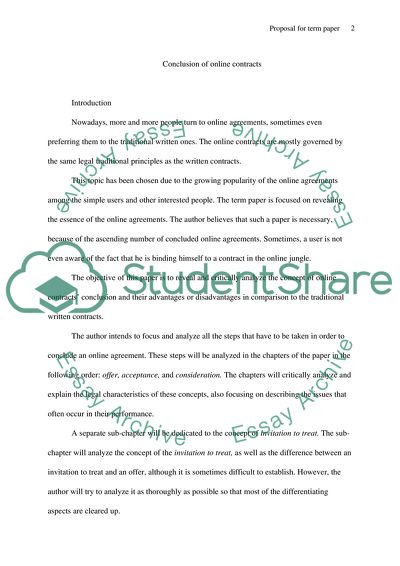Cite this document
(“Conclusion of Online Contracts Research Paper Example | Topics and Well Written Essays - 1500 words”, n.d.)
Conclusion of Online Contracts Research Paper Example | Topics and Well Written Essays - 1500 words. Retrieved from https://studentshare.org/law/1735943-on-line-contracts
Conclusion of Online Contracts Research Paper Example | Topics and Well Written Essays - 1500 words. Retrieved from https://studentshare.org/law/1735943-on-line-contracts
(Conclusion of Online Contracts Research Paper Example | Topics and Well Written Essays - 1500 Words)
Conclusion of Online Contracts Research Paper Example | Topics and Well Written Essays - 1500 Words. https://studentshare.org/law/1735943-on-line-contracts.
Conclusion of Online Contracts Research Paper Example | Topics and Well Written Essays - 1500 Words. https://studentshare.org/law/1735943-on-line-contracts.
“Conclusion of Online Contracts Research Paper Example | Topics and Well Written Essays - 1500 Words”, n.d. https://studentshare.org/law/1735943-on-line-contracts.


